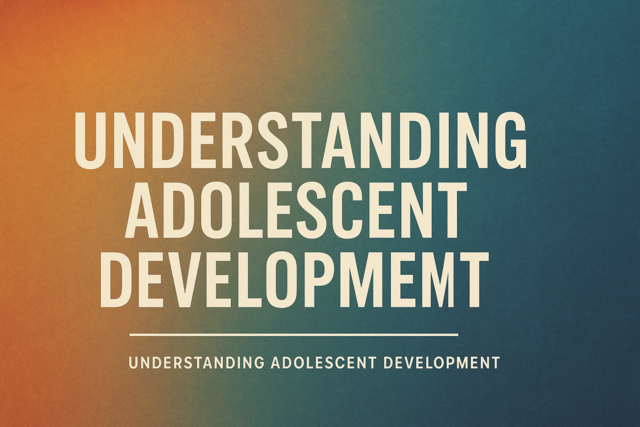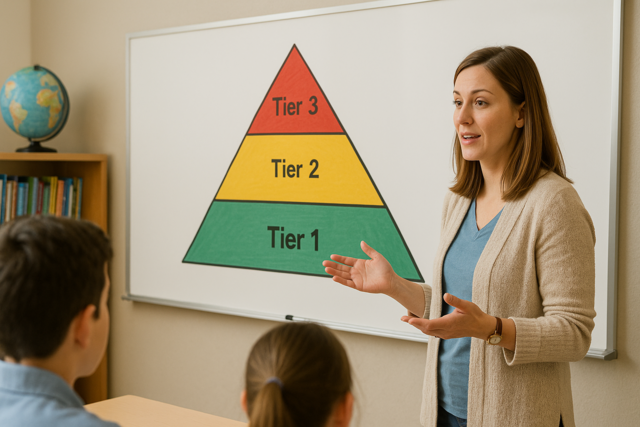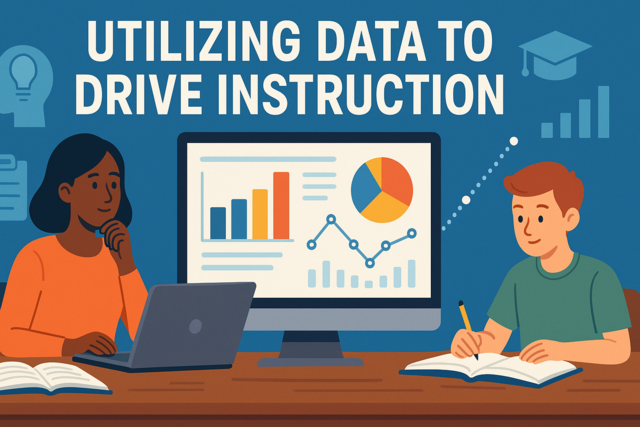Online Class: Mindfulness Techniques for Educators

no certificate
with CEU Certificate*
-
15Lessons
-
22Exams &
Assignments -
5Hours
average time -
0.5CEUs
Course Description
In the heart of every passionate educator lies a desire not only to impart knowledge but to profoundly impact the lives of their students. Envision a world where each class is greeted with excitement, every lesson is an opportunity for growth, and every interaction is an experience in understanding and empathy. This is the world that "Mindfulness Techniques for Educators" opens up to you—where the transformative power of mindfulness becomes your gateway to a more fulfilling career and a more meaningful connection with your students.
Imagine stepping into your classroom each day, equipped not only with knowledge but with tools that fundamentally alter the way both you and your students engage with the educational experience. As an educator, you face myriad stresses and challenges: the constant juggle of responsibilities, the need to cater to diverse learning needs, and the pressure to constantly innovate your teaching methods. In this course, you'll discover that mindfulness is not just a practice but a foundational pillar that supports and elevates every aspect of your professional life, rejuvenating your spirit and re-igniting your passion for teaching.
You'll explore how integrating mindfulness into your daily routine can transform your work environment into a sanctuary for learning and growth. Through practical techniques like focused breathing and reflective journaling, mindfulness offers a pathway to refresh perspectives, foster patience, and maintain a deep-rooted passion for your work. Imagine the personal growth and enhanced teaching methodologies that await when you harness the power of mindfulness.
Moreover, "Mindfulness Techniques for Educators" is not only about your personal development—it's about revolutionizing your students' learning journeys. Picture a classroom where age-appropriate mindfulness activities empower students to cultivate focus, regulate emotions, and build resilience. This approach isn't just dynamic; it's essential. It enables students to address their developmental needs while promoting a harmonious school climate that is conducive to both academic and personal success. You will be equipped to tailor mindfulness strategies that cater to different age groups, guiding them towards emotional regulation and holistic growth, essential components for thriving in today's world.
This course also sheds light on an essential truth: breathe better, teach better. As you deepen your own wellbeing and pedagogical effectiveness through mindfulness, you open the door to educational spaces rich with patience, empathy, and learning readiness. The classroom transforms into a thriving ecosystem that mirrors the modern educational trend of valuing emotional intelligence alongside cognitive development.
At the core of this course is the power of presence. Mindfulness teaches us to be wholly present, fostering authentic connections that enrich not only academic success but empower students with the empathy and resilience needed to navigate life's complexities. In grounding yourself in mindfulness, you will nurture emotional intelligence within yourself and your students, elevating classroom interactions and cultivating a positive, collaborative atmosphere.
Imagine being able to handle classroom challenges with newfound composure and calmness. You'll unlock the ability to recognize stress signals and employ techniques that restore balance and resilience—essential tools in an educator's repertoire. By embracing gratitude and mindfulness daily, you'll cultivate a sense of community and connection among students, enhancing relationships and fostering an environment ripe for personal growth.
What sets this course apart is not just its content but its transformative potential. Mindfulness-based conflict resolution, for example, encourages educators like you to manage personal biases and communicate empathetically, thus minimizing tensions and supporting a supportive learning environment.
As you journey through "Mindfulness Techniques for Educators," you'll discover that this is more than a course; it's an investment in your professional and personal life. It's an opportunity to enhance your resilience, improve your emotional intelligence, and revolutionize your teaching strategies. What awaits is not just an elevation in your career but an incredible transformation in your life, providing you with the tools needed to inspire and change the world, one mindful moment at a time.
Don't just consider enrolling in this course—realize that as an educator, you are continually shaping the future. This course is your partner in that mission, offering you the unparalleled opportunity to become the transformative, resilient, and fulfilled educator you aspire to be. Join us, and step into a world where mindfulness becomes your life-changing ally in education.
- Completely Online
- Self-Paced
- 6 Months to Complete
- 24/7 Availability
- Start Anytime
- PC & Mac Compatible
- Android & iOS Friendly
- Accredited CEUs

Course Lessons
Lesson 1. Transformative Power of Mindfulness in Education
Integrating mindfulness into daily routines empowers educators to manage stress, reduce burnout, and maintain passion for teaching. Mindfulness practices like focused breathing and reflective journaling refresh perspectives and fuel personal growth, enhancing teaching methodologies.Lesson 2. Mindfulness in Education
Through age-appropriate mindfulness activities, educators tailor experiences that foster growth, focus, and emotional resilience in students from early childhood to adolescence. This dynamic approach addresses developmental needs, promoting emotional regulation and a harmonious school climate conducive to academic and personal success.Lesson 3. Breathe Better, Teach Better
By focusing on mindfulness, educators invest in personal well-being and pedagogical effectiveness, creating educational spaces rich in patience, empathy, and learning readiness. This shift towards holistic practices aligns with the modern educational trend of prioritizing both cognitive and emotional growth.Lesson 4. Embracing Presence: Connection and Growth in the Classroom
Educational landscapes flourish when mindfulness, through practices like presence and active listening, is integrated into the classroom, fostering mutual respect and understanding. This shift not only enriches academic success but also empowers students to develop empathy and resilience for life's complexities.Lesson 5. The Symbiotic Relationship Between Mindfulness and Emotional Regulation in Education
Mindfulness in classrooms nurtures emotional intelligence among students and educators, improving focus, empathy, and communication. Techniques like mindful listening and gratitude journaling create a positive learning atmosphere, enhancing academic and non-academic outcomes.Lesson 6. Mindfulness in Education
Regular meditation practices induce neuroplastic changes in brain regions associated with attention and emotional regulation, such as the prefrontal cortex and the amygdala. These changes empower educators to manage classroom challenges with composure and foster a calm, inclusive atmosphere.Lesson 7. The Transformative Power of Mindfulness in Education
Incorporating mindfulness into school culture promotes holistic wellness, reducing teacher burnout and turnover, while enhancing job satisfaction and student outcomes. Activities like mindfulness exercises and reflection periods offer vital emotional regulation tools, benefiting both educators and students academically and emotionally.Lesson 8. The Art of Mindful Listening in Education: Enhancing Student-Teacher Connections
Through reflective listening and curiosity, educators can forge authentic bonds with students, ensuring clarity and understanding. This practice models lifelong learning and empathy, contributing to a harmonious and cooperative classroom atmosphere.Lesson 9. Stress Management Essentials for Educators
Educators face stress through emotional, psychological, and physical pressures, impacting their well-being and effectiveness. Mindfulness helps recognize these signals, promoting exercises like deep breathing to restore balance and resilience.Lesson 10. Gratitude in the Classroom: Cultivating Community and Connection
Embracing gratitude within mindfulness transforms educational experiences, fostering resilience and social harmony. Teachers cultivate gratitude through reflective practices, enhancing classroom relationships and nurturing students' personal growth.Lesson 11. Mindful Education: Bridging Emotional Well-being and Academic Excellence
Educators and students benefit from mindfulness by boosting concentration and mitigating stress, enhancing educational outcomes. Techniques like mindful listening create inclusive classrooms, promoting empathy and cooperative learning.Lesson 12. Mindful Schools: Nurturing Emotional Intelligence
Mindfulness training for educators improves personal resilience and professional skills, enabling them to handle classroom challenges with calmness and composure. These practices also create supportive learning environments, contributing to improved student engagement and reduced behavioral issues.Lesson 13. Mindful Approaches to Conflict Resolution
Lesson Summary 4: Mindfulness-based conflict resolution transforms educational dynamics by encouraging educators to manage personal biases and communicate empathetically. Techniques such as the STOP method and active listening foster a supportive learning environment that minimizes tensions and supports personal connections.Lesson 14. Mindfulness: A Tool to Enhance Educator Resilience
The symbiotic relationship between mindfulness and a growth mindset empowers educators to face new challenges with resilience and positivity. Employing mindful storytelling and constructive responses to mistakes nurtures a thriving educational ecosystem.Lesson 15. Fostering Professional Growth with Classroom Mindfulness
Mindfulness enhances educators' personal well-being and professional growth, playing a pivotal role in reducing stress and burnout while fostering resilience. It improves emotional intelligence and encourages collaborative professionalism, enriching classroom experiences and teacher-student relationships.
Learning Outcomes
- Demonstrate the application of non-judgmental observation to foster a safer and more empathetic classroom environment conducive to open communication.
- Identify how mindfulness techniques such as present moment awareness can enhance educators' ability to connect and respond to students' immediate needs.
- Demonstrate an understanding of mindfulness practices by implementing at least two techniques in the classroom to improve student focus and emotional well-being.
- Recognize the impact of mindfulness on reducing student stress and enhancing concentration by assessing individual stress levels before and after mindfulness exercises.
- Define the physiological effects of mindful breathing and articulate how it aids in stress management and emotional regulation within educational settings.
- Demonstrate and apply mindful breathing techniques, such as 'box breathing' and '4-7-8 breathing', to reduce stress and enhance classroom dynamics.
- Analyze how mindfulness practices in the classroom can improve student engagement and reduce teacher stress by practicing presence and active listening.
- Demonstrate techniques for incorporating mindfulness activities, such as breathing exercises and active listening, into daily classroom routines to enhance teaching effectiveness and student well-being.
- Demonstrate the ability to implement mindfulness techniques to enhance emotional regulation and create a conducive learning environment.
- Describe how mindfulness practices can influence emotional regulation and resilience among educators and students.
- Define how meditation enhances cognitive function, focusing on increased gray matter density in the prefrontal cortex for improved attention and decision-making.
- Demonstrate an understanding of meditation's role in reducing amygdala activity and its impact on emotional regulation and stress management for better classroom interactions.
- Define the role of mindfulness in enhancing educators' emotional regulation, enabling them to create a nurturing classroom environment conducive to learning.
- Demonstrate mastery of lesson content at levels of 70% or higher.
Additional Course Information

- Document Your Lifelong Learning Achievements
- Earn an Official Certificate Documenting Course Hours and CEUs
- Verify Your Certificate with a Unique Serial Number Online
- View and Share Your Certificate Online or Download/Print as PDF
- Display Your Certificate on Your Resume and Promote Your Achievements Using Social Media

Choose Your Subscription Plan
No Certificate / No CEUs
This course only
| Includes certificate | X |
| Includes CEUs | X |
| Self-paced |

|
| Instructor support |

|
| Time to complete | 6 months |
| No. of courses | 1 course |
Certificate & CEUs
This course only
| Includes certificate |

|
| Includes CEUs |

|
| Self-paced |

|
| Instructor support |

|
| Time to complete | 6 months |
| No. of courses | 1 course |
Certificates & CEUs
Includes all 600+ courses
| Includes certificate |

|
| Includes CEUs |

|
| Self-paced |

|
| Instructor support |

|
| Time to complete | 12 Months |
| No. of courses | 600+ |
Certificates & CEUs
Includes all 600+ courses
| Includes certificate |

|
| Includes CEUs |

|
| Self-paced |

|
| Instructor support |

|
| Time to complete | 24 Months |
| No. of courses | 600+ |
Related Courses
-
 3 hours
0.3 CEUs
Career Planning and Development
+ More Info
3 hours
0.3 CEUs
Career Planning and Development
+ More Info
-
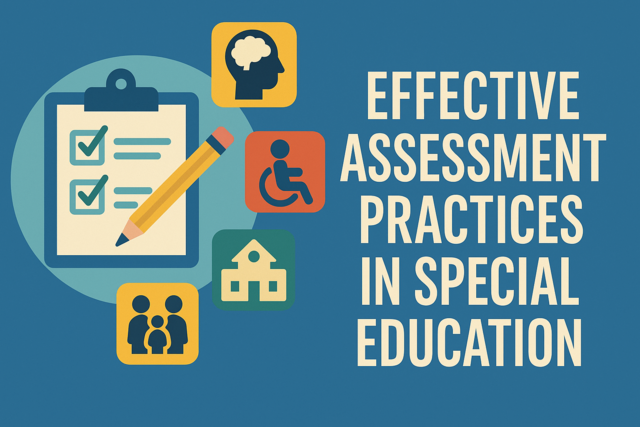 3 hours
0.3 CEUs
Effective Assessment Practices in Special Education
+ More Info
3 hours
0.3 CEUs
Effective Assessment Practices in Special Education
+ More Info
-
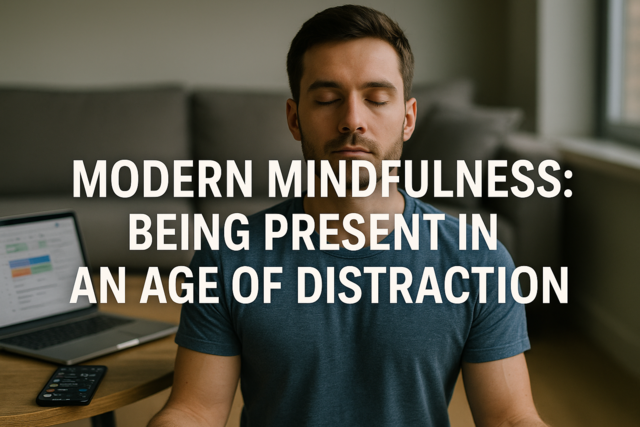 7 hours
0.7 CEUs
Modern Mindfulness: Being Present in an Age of Distraction
+ More Info
7 hours
0.7 CEUs
Modern Mindfulness: Being Present in an Age of Distraction
+ More Info
-
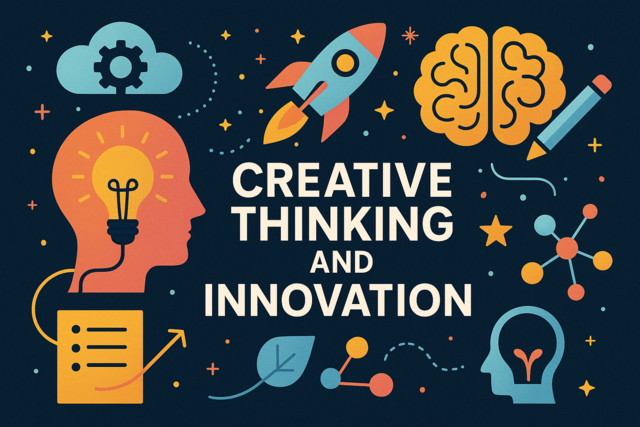 4 hours
0.4 CEUs
Creative Thinking and Innovation
+ More Info
4 hours
0.4 CEUs
Creative Thinking and Innovation
+ More Info
-
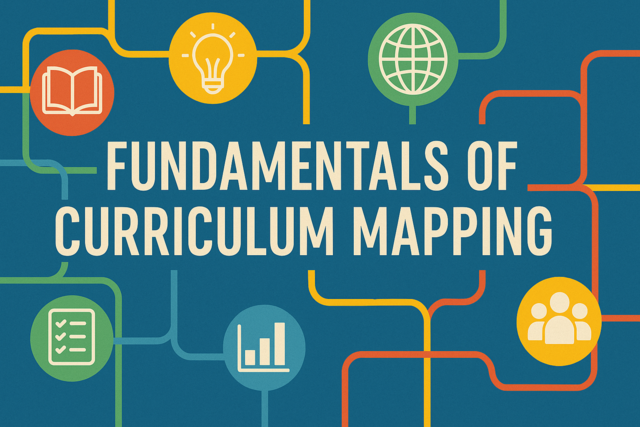 5 hours
0.5 CEUs
Fundamentals of Curriculum Mapping
+ More Info
5 hours
0.5 CEUs
Fundamentals of Curriculum Mapping
+ More Info
-
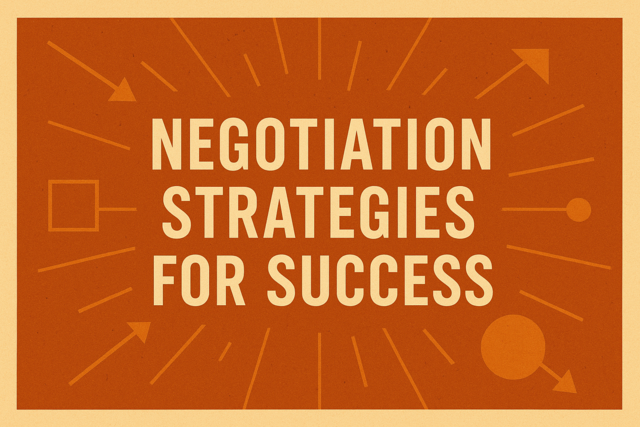 7 hours
0.7 CEUs
Negotiation Strategies for Success
+ More Info
7 hours
0.7 CEUs
Negotiation Strategies for Success
+ More Info
-
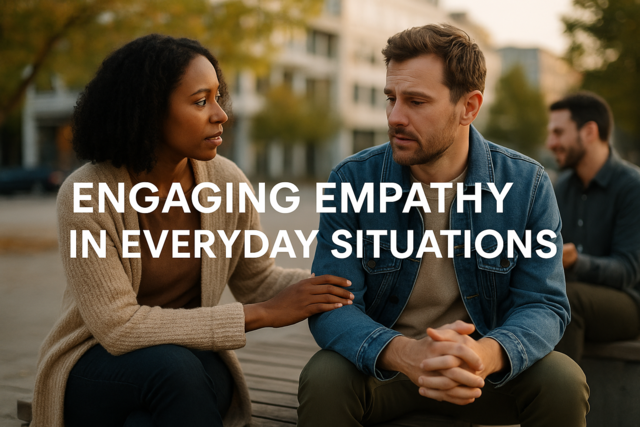 7 hours
0.7 CEUs
Engaging Empathy in Everyday Situations
+ More Info
7 hours
0.7 CEUs
Engaging Empathy in Everyday Situations
+ More Info
-
 7 hours
0.7 CEUs
Style Sovereign: The Power of Personal Branding in Luxury Fashion
+ More Info
7 hours
0.7 CEUs
Style Sovereign: The Power of Personal Branding in Luxury Fashion
+ More Info
-
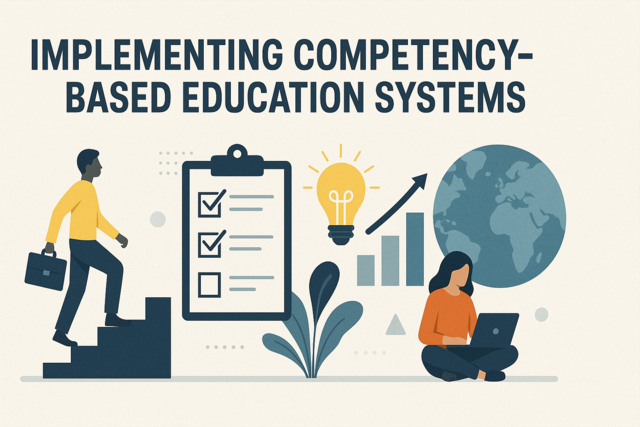 4 hours
0.4 CEUs
Implementing Competency-Based Education Systems
+ More Info
4 hours
0.4 CEUs
Implementing Competency-Based Education Systems
+ More Info
-
 6 hours
0.6 CEUs
Mysterious Forces in the Cosmos
+ More Info
6 hours
0.6 CEUs
Mysterious Forces in the Cosmos
+ More Info
-
 6 hours
0.6 CEUs
Luxe Vision: Designing a Fashionable Future
+ More Info
6 hours
0.6 CEUs
Luxe Vision: Designing a Fashionable Future
+ More Info
-
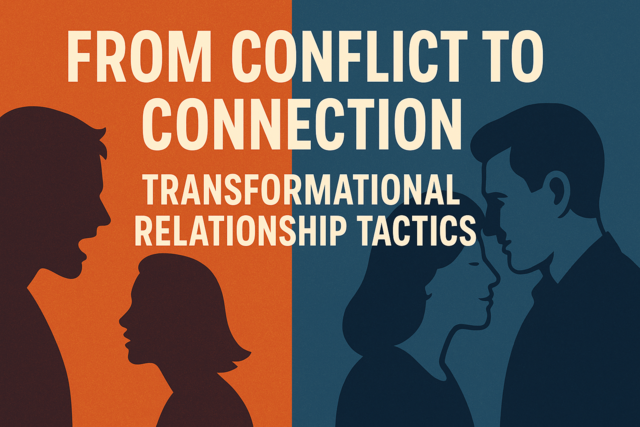 3 hours
0.3 CEUs
From Conflict to Connection: Transformational Relationship Tactics
+ More Info
3 hours
0.3 CEUs
From Conflict to Connection: Transformational Relationship Tactics
+ More Info
-
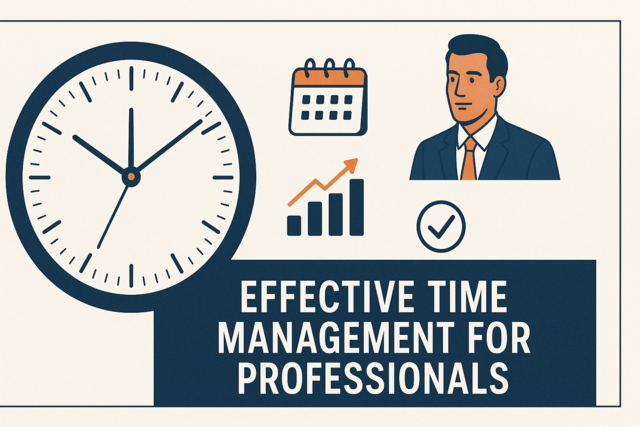 7 hours
0.7 CEUs
Effective Time Management for Professionals
+ More Info
7 hours
0.7 CEUs
Effective Time Management for Professionals
+ More Info
-
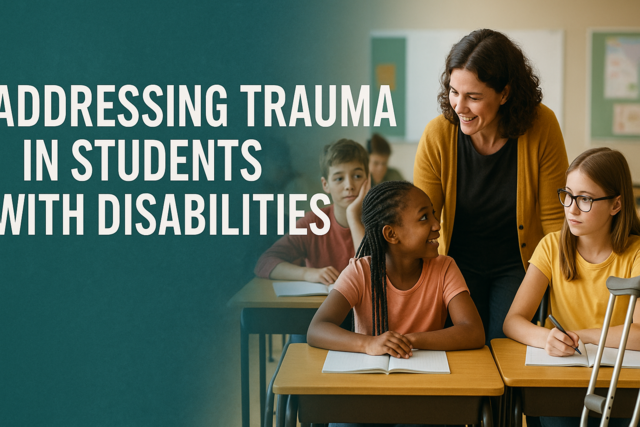 3 hours
0.3 CEUs
Addressing Trauma in Students with Disabilities
+ More Info
3 hours
0.3 CEUs
Addressing Trauma in Students with Disabilities
+ More Info
-
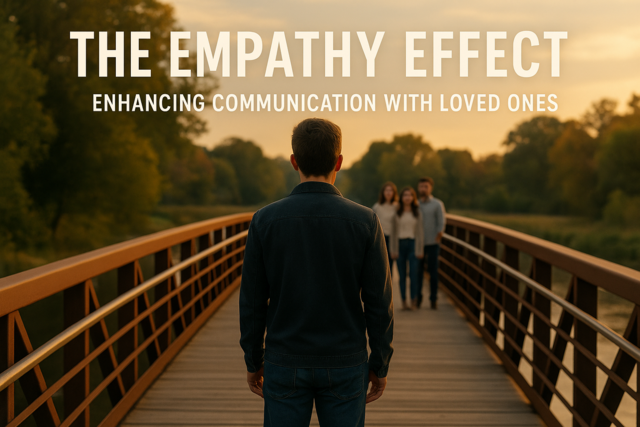 3 hours
0.3 CEUs
The Empathy Effect: Enhancing Communication with Loved Ones
+ More Info
3 hours
0.3 CEUs
The Empathy Effect: Enhancing Communication with Loved Ones
+ More Info
-
 6 hours
0.6 CEUs
Digital Marketing Fundamentals
+ More Info
6 hours
0.6 CEUs
Digital Marketing Fundamentals
+ More Info
-
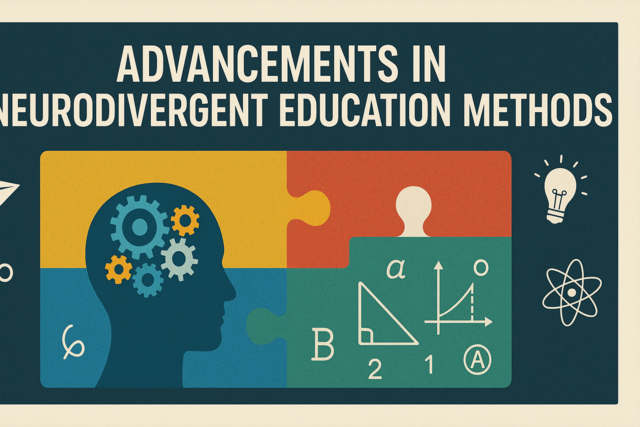 3 hours
0.3 CEUs
Advancements in Neurodivergent Education Methods
+ More Info
3 hours
0.3 CEUs
Advancements in Neurodivergent Education Methods
+ More Info
-
 6 hours
0.6 CEUs
The Influence Index: How Environment Shapes Relationships
+ More Info
6 hours
0.6 CEUs
The Influence Index: How Environment Shapes Relationships
+ More Info
-
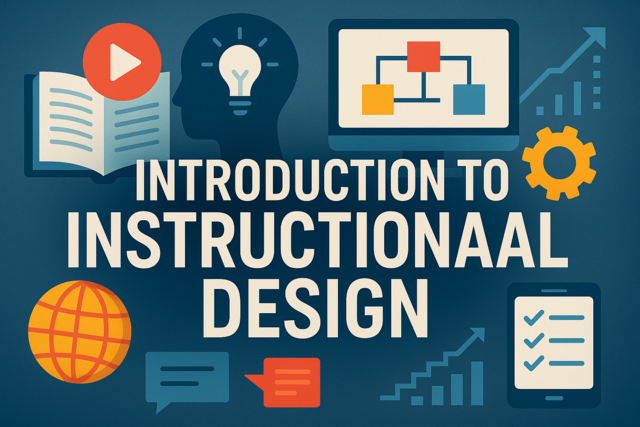 7 hours
0.7 CEUs
Introduction to Instructional Design
+ More Info
7 hours
0.7 CEUs
Introduction to Instructional Design
+ More Info
-
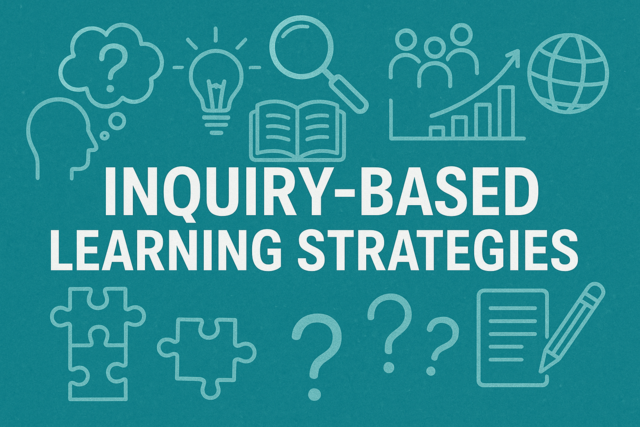 5 hours
0.5 CEUs
Inquiry-Based Learning Strategies
+ More Info
5 hours
0.5 CEUs
Inquiry-Based Learning Strategies
+ More Info
-
 5 hours
0.5 CEUs
Self-Discipline and Motivation Strategies
+ More Info
5 hours
0.5 CEUs
Self-Discipline and Motivation Strategies
+ More Info
-
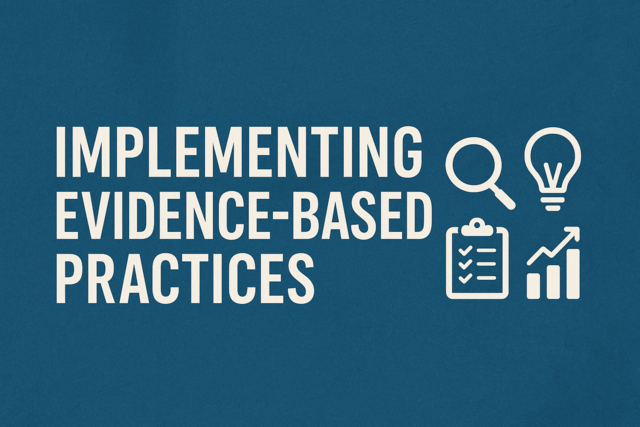 5 hours
0.5 CEUs
Implementing Evidence-Based Practices
+ More Info
5 hours
0.5 CEUs
Implementing Evidence-Based Practices
+ More Info
-
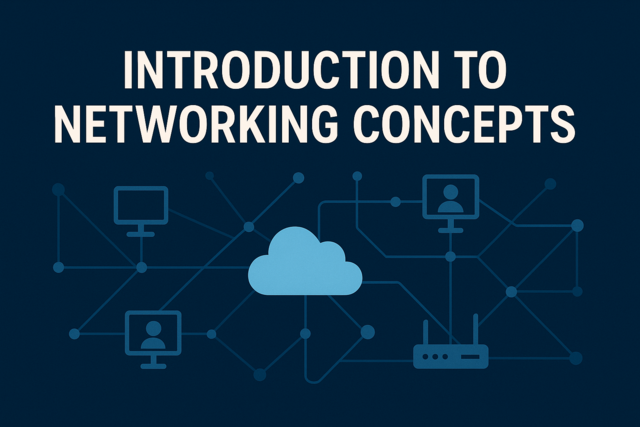 3 hours
0.3 CEUs
Introduction to Networking Concepts
+ More Info
3 hours
0.3 CEUs
Introduction to Networking Concepts
+ More Info
-
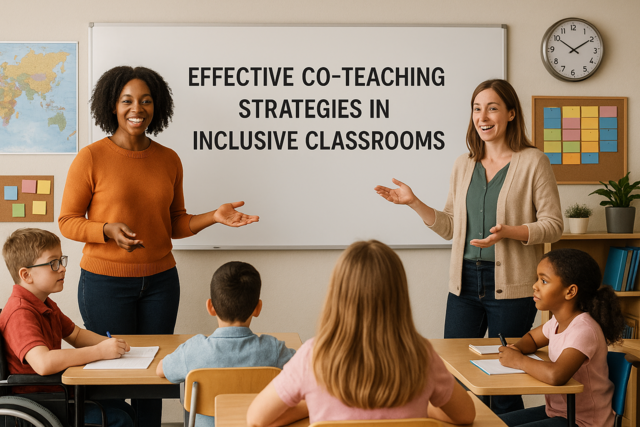 5 hours
0.5 CEUs
Effective Co-Teaching Strategies in Inclusive Classrooms
+ More Info
5 hours
0.5 CEUs
Effective Co-Teaching Strategies in Inclusive Classrooms
+ More Info
-
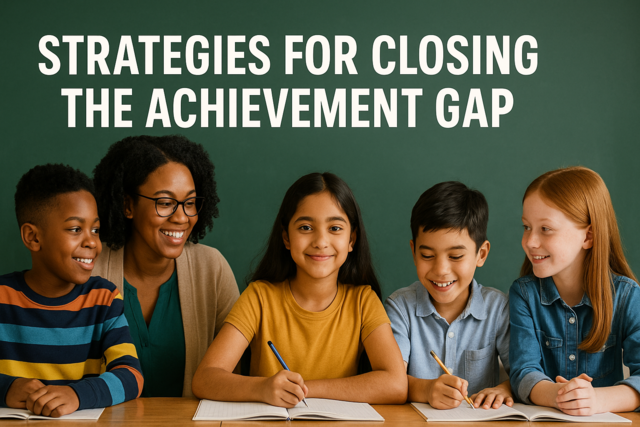 7 hours
0.7 CEUs
Strategies for Closing the Achievement Gap
+ More Info
7 hours
0.7 CEUs
Strategies for Closing the Achievement Gap
+ More Info
-
 7 hours
0.7 CEUs
Sustainable Living and Eco-Friendly Practices
+ More Info
7 hours
0.7 CEUs
Sustainable Living and Eco-Friendly Practices
+ More Info
-
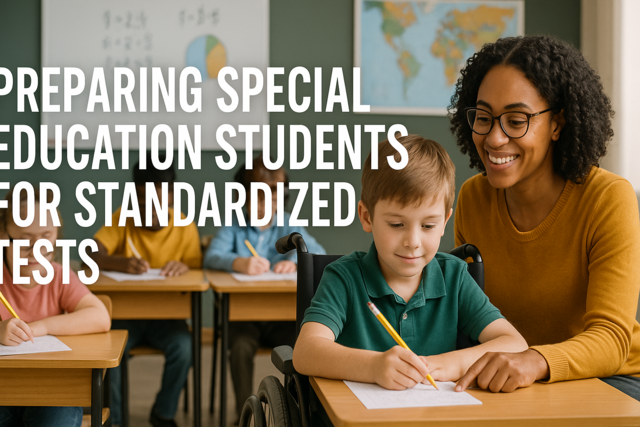 3 hours
0.3 CEUs
Preparing Special Education Students for Standardized Tests
+ More Info
3 hours
0.3 CEUs
Preparing Special Education Students for Standardized Tests
+ More Info
-
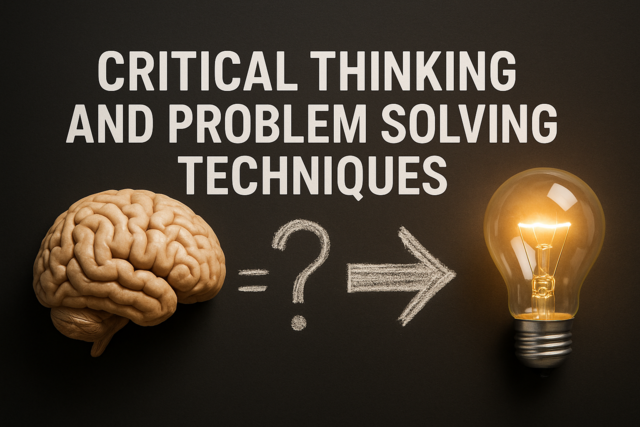 4 hours
0.4 CEUs
Critical Thinking and Problem Solving Techniques
+ More Info
4 hours
0.4 CEUs
Critical Thinking and Problem Solving Techniques
+ More Info
-
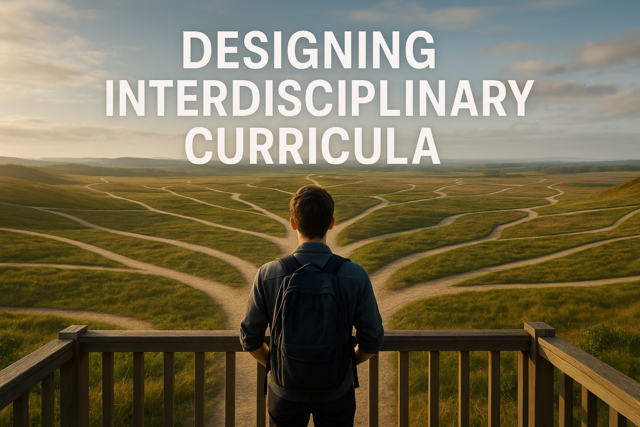 7 hours
0.7 CEUs
Designing Interdisciplinary Curricula
+ More Info
7 hours
0.7 CEUs
Designing Interdisciplinary Curricula
+ More Info
-
 5 hours
0.5 CEUs
The Alchemical Traditions of Druidic Wisdom
+ More Info
5 hours
0.5 CEUs
The Alchemical Traditions of Druidic Wisdom
+ More Info
-
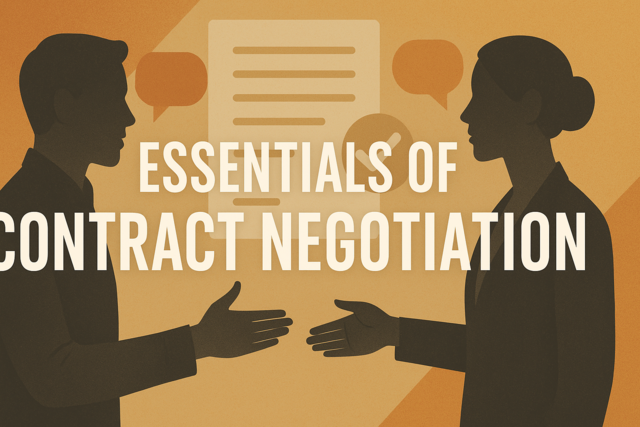 3 hours
0.3 CEUs
Essentials of Contract Negotiation
+ More Info
3 hours
0.3 CEUs
Essentials of Contract Negotiation
+ More Info
-
 7 hours
0.7 CEUs
Emotional Intelligence: Enhancing Workplace Relationships
+ More Info
7 hours
0.7 CEUs
Emotional Intelligence: Enhancing Workplace Relationships
+ More Info
-
 5 hours
0.5 CEUs
Dress Like a Mogul: Navigating High-End Fashion for Men
+ More Info
5 hours
0.5 CEUs
Dress Like a Mogul: Navigating High-End Fashion for Men
+ More Info
-
 5 hours
0.5 CEUs
Advanced Writing and Editing Skills
+ More Info
5 hours
0.5 CEUs
Advanced Writing and Editing Skills
+ More Info
-
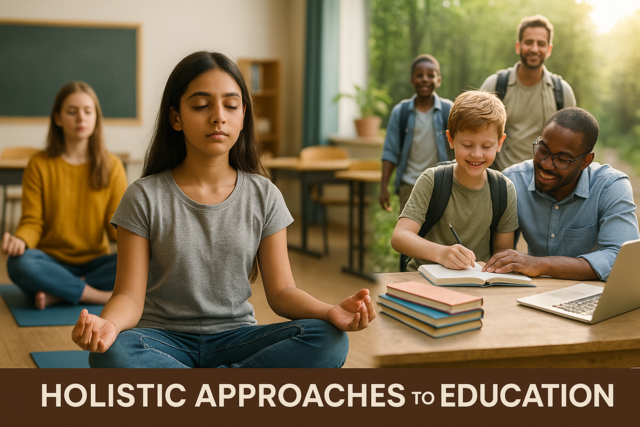 3 hours
0.3 CEUs
Holistic Approaches to Education
+ More Info
3 hours
0.3 CEUs
Holistic Approaches to Education
+ More Info
-
 3 hours
0.3 CEUs
Preparing Students for Careers of the Future
+ More Info
3 hours
0.3 CEUs
Preparing Students for Careers of the Future
+ More Info
-
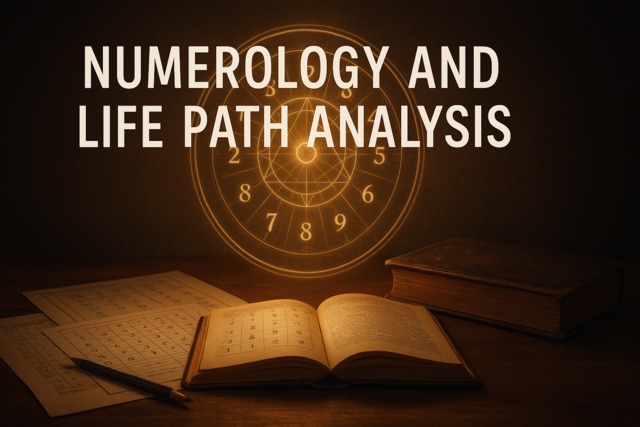 6 hours
0.6 CEUs
Numerology and Life Path Analysis
+ More Info
6 hours
0.6 CEUs
Numerology and Life Path Analysis
+ More Info
-
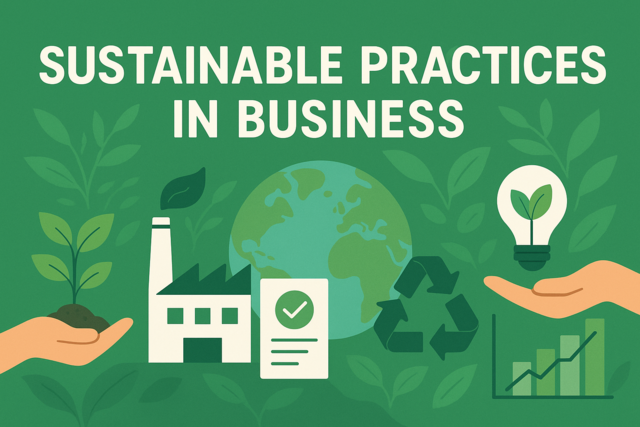 6 hours
0.6 CEUs
Sustainable Practices in Business
+ More Info
6 hours
0.6 CEUs
Sustainable Practices in Business
+ More Info
-
 3 hours
0.3 CEUs
Supervisory Skills for New Managers
+ More Info
3 hours
0.3 CEUs
Supervisory Skills for New Managers
+ More Info


